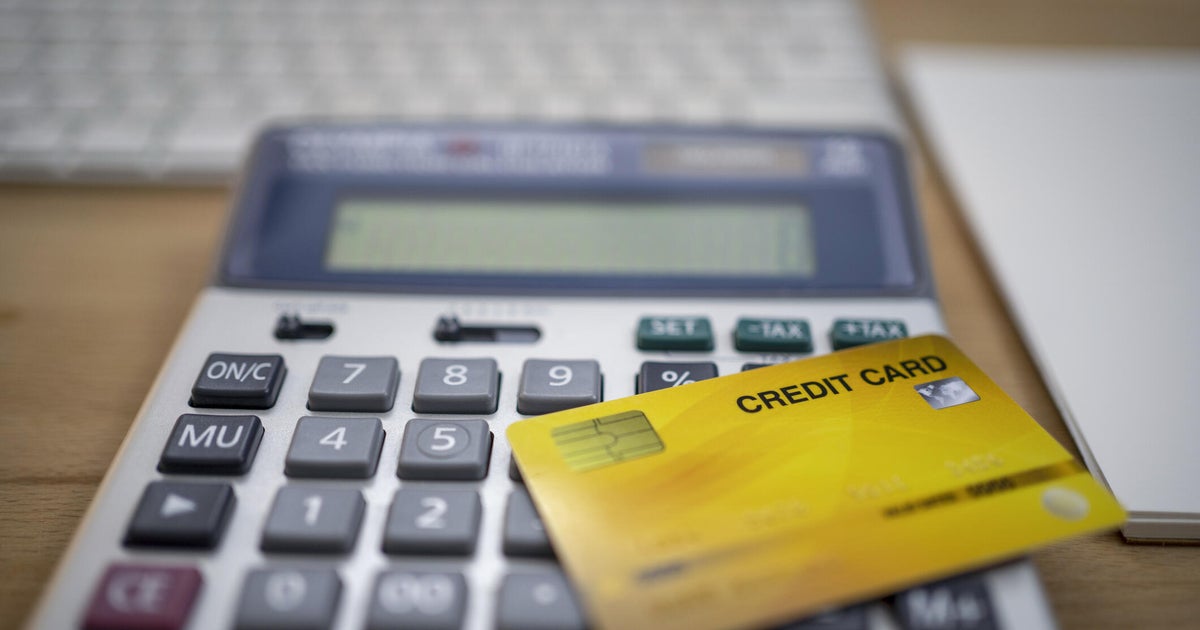How changing your spending habits can raise your credit score
A recent creditcards.com survey found a large majority of Americans with debt would not be willing to cut spending on leisure travel or clothing and shoes by 50%. But that could be a mistake, according to CBS News business analyst Jill Schlesinger, who joined "CBS This Morning" Friday to explain how your spending choices can impact your credit score and your ability to borrow money.
First, it's important to understand what a credit score actually is, Schlesinger said. She explained that companies like Experian, Equifax, and TransUnion compile your financial information (Do you pay your bills on time? How much credit do you have?) That information is then used to determine your credit score.
"That score is basically saying to the world, 'you are credit-worthy, or not so credit-worthy,'" Schlesinger said. Ensuring your credit score is as high as possible is critical, she added, because the figure is used when you're buying a car, seeking insurance or a mortgage, and in some states, applying for a job.
Scores run from 300 to 850, although Schlesinger said that no one has a 300. A 670 is the "magic line," she said. "Below 670, it costs more to borrow; 670 to about 740 is considered good or very good… 800 is considered excellent."
If you want to raise your score, Schlesinger said that the "most important factor" is paying your bills on time. To ensure that happens, she suggested automating bill payments. It's also key to not use too much of your available credit, and avoid closing credit card accounts.
"Weirdly, in some instances, if you close a credit card account, it can sometimes drive down your score," she said. "It's very strange. So if you want to get rid of that credit card that's outstanding, just put it in the back of your drawer."
It's also important to check the score once a year for errors, Schlesinger said, because it's possible that the score could, for example, be reflecting debt that's already been paid off. She recommended the free website annualcreditscore.com.
Unfortunately, it takes more time to lower your score than it does to raise it, she said. But there's hope: "Even people, though, who have declared bankruptcy, it can take a lot less time just to get yourself back on track."



